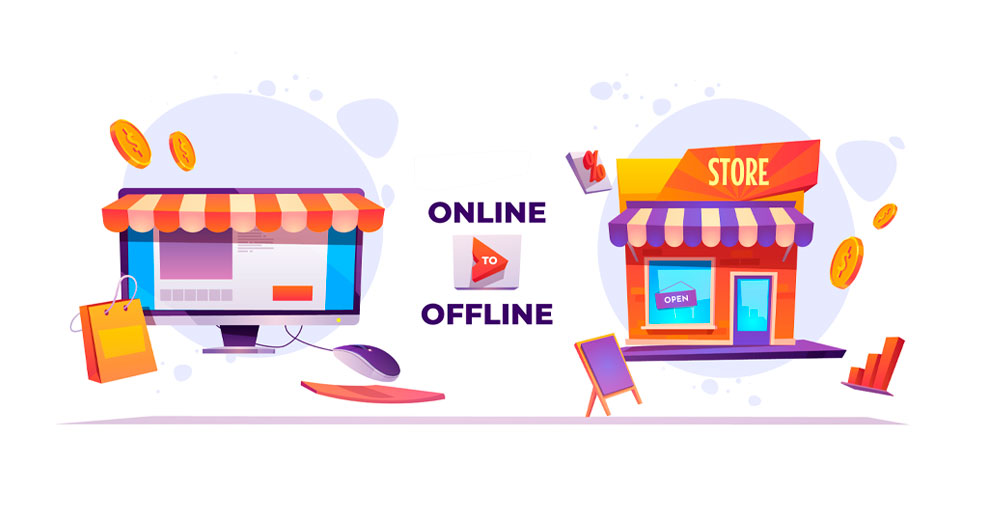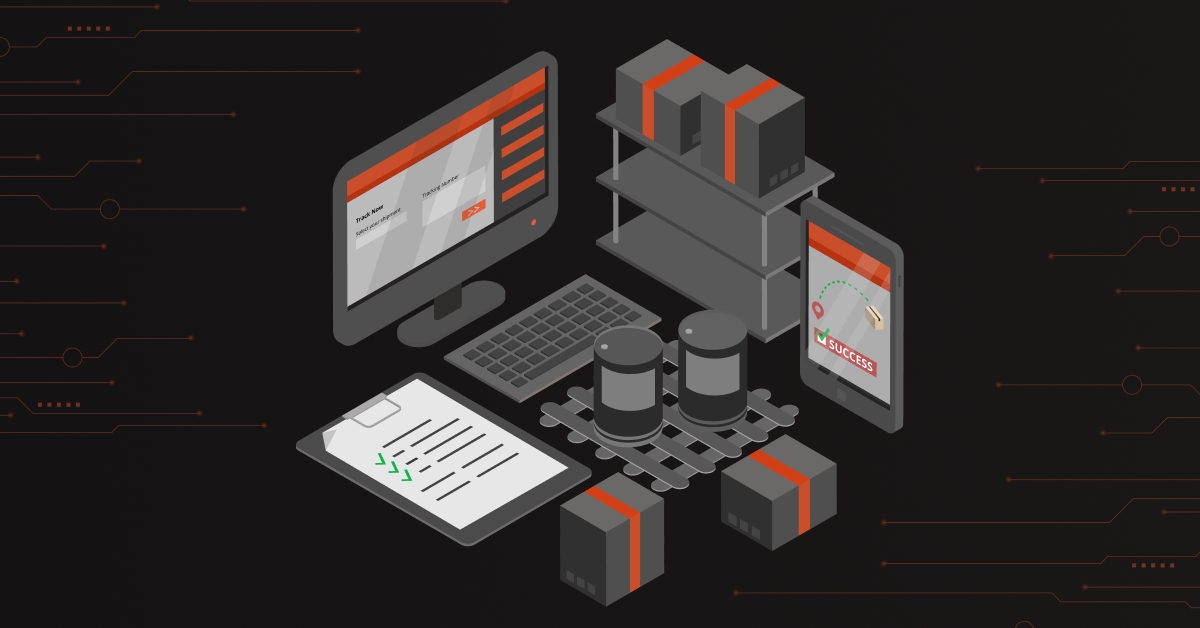PIM stands for Product Information Management. PIM is a robust solution to centrally store and manage product data, across companies, supply chains, and customers. If you are a B2B company, a manufacturer, wholesaler, or retailer who is looking to improve, grow, or expand his business, either online or offline, a PIM system is a great solution for you.
If you are a B2B company, your print catalog is the lifeblood of your business. How well is your product data managed in it? You might be using a spreadsheet, or manually entering product data each time there is an update or addition. Now imagine doing this for 1000s or even a million products/SKUs (Stock Keeping Units). Sounds difficult, does it not? This is primarily where PIM comes in.
Contents
What is PIM?
PIM is a process that caters to categorization, storage, and channel management of your products. Furthermore, a robust PIM tool lets you collect data from external and internal sources, maintain data in a central database, improve product data quality, and send it across multiple sales channels.
Also, PIM is not an ERP. An ERP(Enterprise Resource Planning) is a planning tool that contains everything from inventory data, sales, procurement data to hr, finance, and customer database. Whereas, PIM is a custom tool for enhancing product data to reach the target audience and increase sales.
 More than ever before, today B2B buyers expect their shopping experience to be at par with the B2C customer experience.
More than ever before, today B2B buyers expect their shopping experience to be at par with the B2C customer experience.
- According to Forrester, 74% of B2B buyers conduct more than half of their research online before making any offline purchases.
- Google says 89% of B2B researchers use the internet during the B2B research process.
Whether you have (a) physical store(s), or eCommerce channel(s) or internal marketing/print channels or other channels like Amazon, Best Buy or eBay, or a mix of them, having a PIM system for your business will count as an advantage. Here’s how.
-
Flexibility
A robust PIM solution is a flexible tool that is built to integrate with your existing ERP solution. It enables fetching enormous product data from multiple sources in different formats to be stored in a single database. A robust PIM system uses an Import-Export setting for receiving and filtering data that goes in and out of it.
-
Interoperability
PIM enables you to add suppliers and staff to add/edit product data. It allows you to access abundant data from diverse sources and channelize it.
-
Increased staff productivity
A PIM solution reduces errors or repetitive work caused due to manual intervention. Your staff’s energy and efficiency can be put to better use than managing data spreadsheets thus increasing productivity and employee satisfaction at work.
-
Enhance Product quality
Data quality is crucial for business success. Your product data is likely to have issues in the way it is impacting your customers’ choice. A great PIM solution enables you to control product data from an attribute level. You can implement product completeness by setting validation rules at a micro level which makes product data compliant and consistent.
Also, DAM (Digital Asset Management) within a PIM solution lets you add images, videos, PPTs, documents, animations, illustrations, and many more to your content which adds credibility to your products thus deriving greater sales. -
Faster time to market
Lesser time to manage means faster time to market. With all B2B businesses being active online, reaching the market first gives you an edge over your competitors. A solid PIM solution simplifies data aggregation and content enhancement, lets you reduce manual work, and automates processes while staying uncompromising on quality thus achieving a faster time to market.
-
Lesser product returns
A product that has all the relevant information in the first place is a product half sold. A solid PIM system allows error-free, detailed information of products from a single trustworthy source to reach the right audience at multiple touch-points and thus drives greater and accurate sales with lesser product returns.
-
Enable Multichannel marketing
Since the consumers are looking at various places to shop from, your product data needs to be consistent at all places. Attribute management helps in simplifying this process. With all the product features listed at an attribute level, a great PIM solution lets you seamlessly manage data from a single repository and push it across multiple channels. You can also customize product information/categorization based on channels, demography, or consumer trends.
-
Increased conversion rate
The availability of impeccable product data across all channels leads to an increase in visitor frequency. A first good sale is the first follower for future purchases from a consumer. Data consistency across multiple touchpoints is key to customer loyalty and functions such as upselling and cross-selling bring in multiple purchases and hence aid in an increased conversion rate for your business.
-
Improved Searchability
Well framed and SEO friendly product content drives organic site traffic as Google and other search engines have algorithms that rank sites based on content. Also, well-structured content makes navigation easy for customers. A PIM solution will give you an edge over your competitors in terms of having consistent and handy data collation.
-
Growth and Expansion
B2B businesses look to scale in different regions and countries as and when the market opportunities arise. A wholesome PIM solution permits easy integration with eCommerce platforms, ERP, and other data sourcing applications to add and update new regional product information. PIM systems provide multi-language support, translation, and customization for a better reach to the locales resulting in expansion and eventual growth.
-
Improve Business Standards
B2B buyers, retailers, distributors, or any other organizations that you deal with, look for businesses who are easy and flexible to work with. A PIM system enables a deep-rooted classification of products as attributes and groups rendering your business marketable and desirable. Plus it will fetch you like-minded clientele thus allowing you to target greater business goals.
-
Enrich customer experience
In the face of growing competition in the B2B sector, customer loyalty expedites creating a brand name for any business. A PIM system allows Enriching product data with relevant, flawless, and complete information across all channels which is key to customer retention. PIM also lets you add or edit your existing product data and put it across different channels. In addition to this, high-quality images, AR, and to-the-point key features will reduce returns. PIM systems have options to filter data based on unique attributes and market touchpoints that make locale customization handy for your business.
In the current business era, not only B2C but also emerging and established B2B businesses are adopting a robust PIM solution to overcome the day to day problems faced by them. No matter if your clients are companies and not directly consumers, it is a pressing priority that your workflow has streamlined operations and your digital catalog is appealing both visually and functionally. Does your business need one now?




